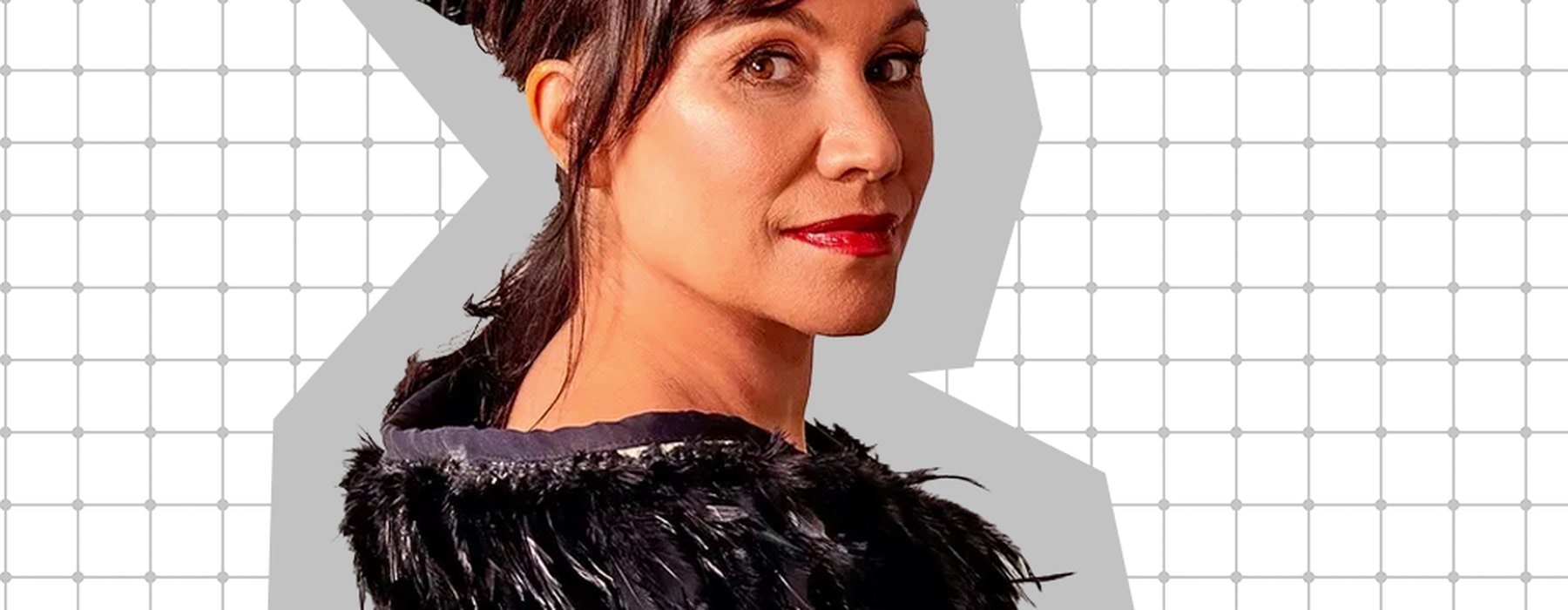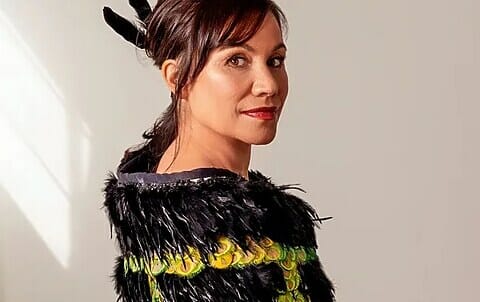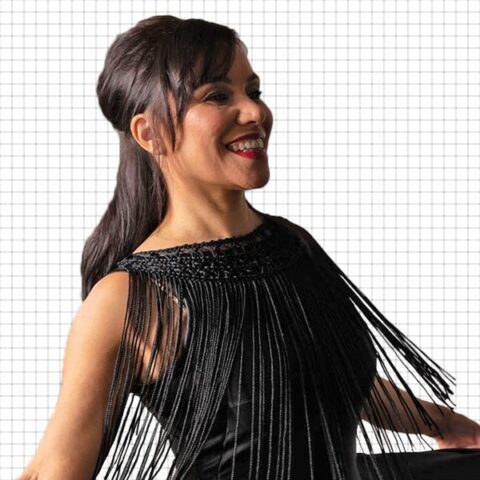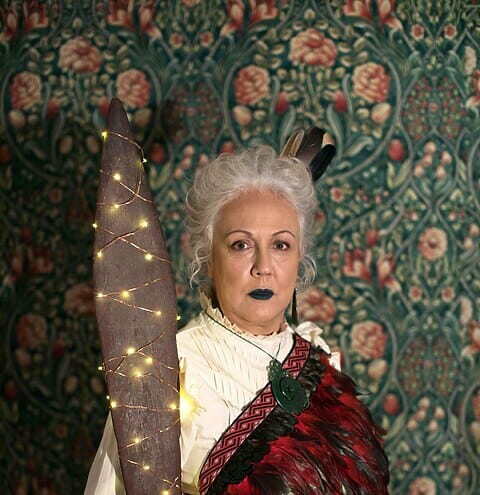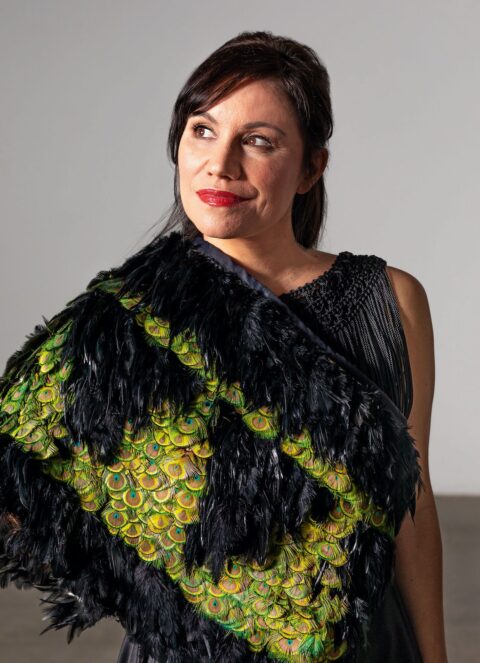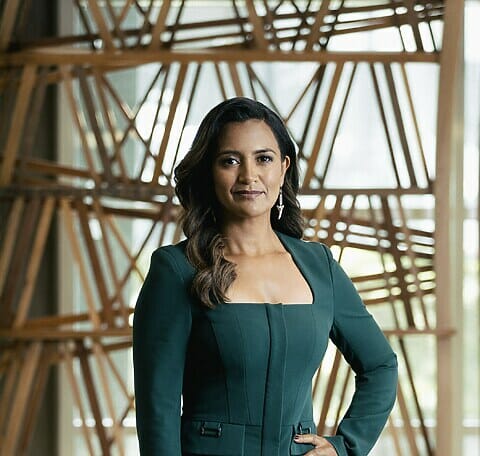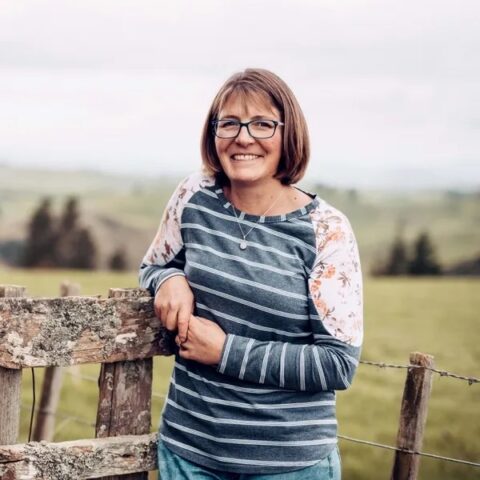The value and power of Te Wiki o te Reo Māori is an extra push to normalise and revitalise the native language of Aotearoa.
Thanks to the efforts of tireless advocates I’ve spoken about in these pages before, Māori became an official language of New Zealand in 1987. Despite widening support in recent years, it’s still an endangered language and may not survive. Te reo Māori could be extinct in our lifetimes if we don’t create a critical mass of speakers.
It’s devastating to me to think that we could be the generation that lets the Māori language slip into extinction. So, let’s not allow that to be our legacy! This is why Māori Language Week is needed – to keep us moving in the right direction. Seeing as I write this column about te reo, I thought I’d use this week as a prompt to answer some of the frequently asked pātai (questions) people have around Māori Language Week.
How long does it take to learn Māori?
It depends on you: how much time you have to learn, how much headspace you can free up, and what your learning environment will be like. I know there’s an idea that some people are “just good at languages”, but if they seem to be, it’s often because they just go for it and aren’t too caught up in being perfect before they’re willing to say anything out loud.
Bilingual people do tend to have an advantage, but that’s because they’re already using the parts of their brains that help us acquire new language. That state of constant learning and code-switching is one of the things
I love most about being bilingual.
So, to answer the question, I know very dedicated people who’ve become pretty good speakers within two to three years. I took at least five years, but I was learning in spurts and sometimes fell off, then got back on board with my learning.
Is it OK for non-Māori to learn te reo?
Āe (yes). As I mentioned earlier, we need more speakers. The fluent Pākehā speakers I know have all said that learning Māori has made them feel stronger about who they are as Pākehā, as well as giving them joy and insights from te ao Māori (the Māori world).
I ask non-Māori to never make Māori who can’t yet speak te reo feel bad about that. The reasons why they didn’t grow up with their heritage language are complicated, and often very sad. They may have had a grandparent who was beaten at school if they spoke Māori (this happened a lot, and not so long ago), which impacted them so badly that they never passed on the language to their tamariki. Even now, although columns like this focus on you, those people who are open-hearted to te reo Māori, there are still vocal detractors of our language. Yet, if anyone who starts learning comes from a place of respect, humility and aroha for our indigenous language, we can all benefit.
Is Pākehā a derogatory term?
Kāo (no). If you’ve heard some theory that it means anything other than “people who aren’t Māori”, it’s not true. I adored my Pākehā mother, and I happily say I’m Pākehā as well as Māori. I personally think it recognises New Zealanders in a way that European or Caucasian doesn’t.
Is it OK to make pronunciation mistakes or is it offensive?
Good intentions get good vibes in return. If you’re making a true effort to say Māori words correctly, people will appreciate it. Also, no one ever got better at speaking without speaking! Keep going for it, kia kaha! Kia kaha te reo Māori – let’s go for it, to make te reo Māori strong!

